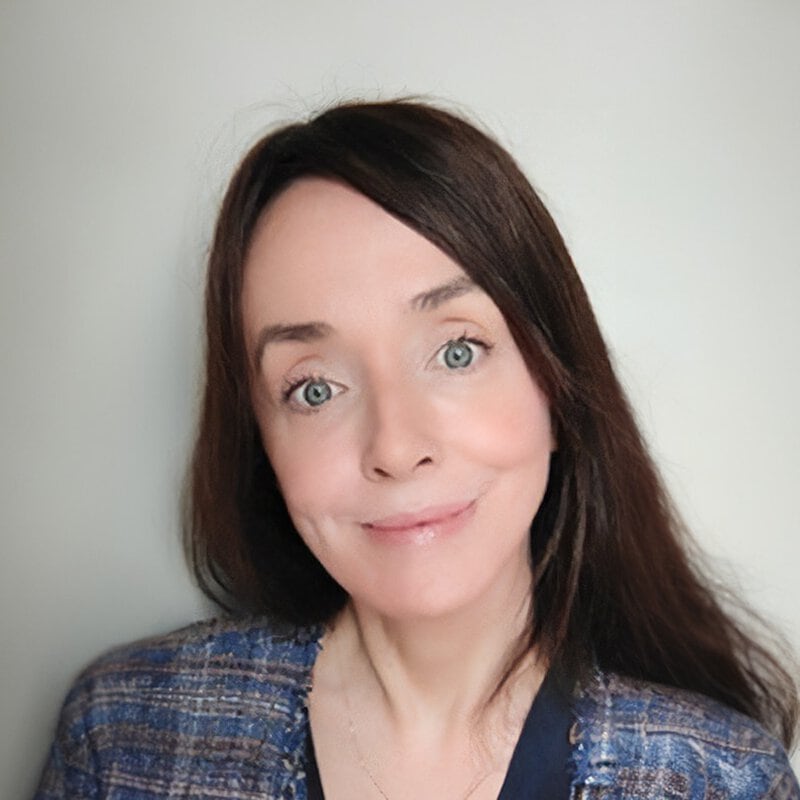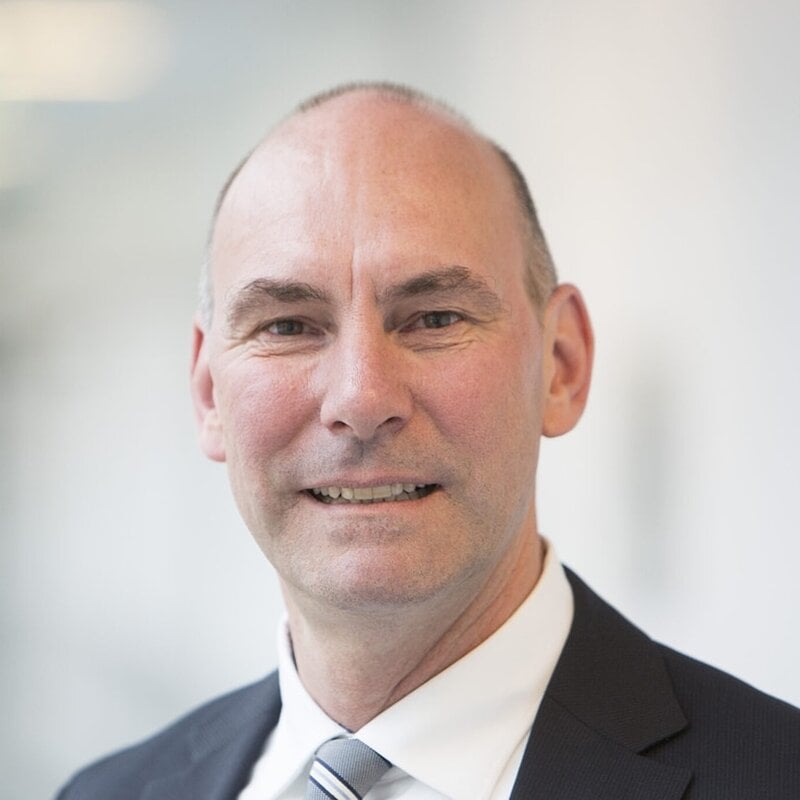
Each year, close to 53.000 people in Europe receive the difficult diagnosis of oesophageal cancer. This cancer is hard to diagnose and challenging to treat; as a result, approximately 46.000 people will lose their lives to this disease by the end of 2024.1
Oesophageal cancer requires a 360-degree, holistic, and adequate disease management approach, one that encompasses all aspects of a patient’s journey while including the patient in every part of the decision-making process.
To mark the month, we invite you to visit our webpage dedicated to identifying the risks, symptoms, and aetiology of Oesophageal Cancer, to be inspired by Claire’s journey with Oesophageal Cancer and read an update on Harry’s clinical trial experience. Help us spread our campaign materials, or consult our resources below.
What patients tell us
Working together with our community of patients, survivors, and carers, we’ve created a digital tool to navigate, monitor and support the diagnosis and treatment of Oesophageal Cancer.
Your personal My DiCE Companion is a
FREE resource to support you:
- Get connected with our patient journey pathway
- Track your side effects, emotional well-being, weight, sleep and more, along
- Get scientifically backed, credible educational materials about testing, treatment, and living with Oesophageal Cancer.
2 easy steps to start:
1. Register
and get access to the secure environment.
2. Download & install
to start tracking and receive information.

To bring much-needed attention to this cancer on the rise, Digestive Cancers Europe started a concerted awareness campaign in 2021. Oesophageal Cancer Awareness Month is now an annual part of DiCE’s awareness-building calendar.
This year we are campaigning to raise awareness of the risks, symptoms, and prevention of Oesophageal Cancer through messages inspired by reflections and advice from our community of patients, carers, and survivors impacted by the disease. We invite you to join us and share our social media campaign across your networks.
Download campaign materials
Download supportive materials for patients and carers
What Experts Say
“Oesophageal cancer was, in the past, a challenging disease to treat. Fortunately, we are now starting to see improvements in long-term survival for patients with advanced disease thanks to exciting new treatments using targeted therapy and immunotherapy. In the future, to improve cure rates, we need to move these effective treatments to earlier lines of treatment.
These important gains have been made because of patient participation in research and clinical trials, so we need to work together to continue these gains into the future“.
Elizabeth (Lizzy) Smyth,
Medical Oncologist
Oxford University Hospitals NHS Foundation Trust, UK
“An endoscopy of the oesophagus leads to a diagnosis, and early forms and precursors of oesophageal cancer can be detected endoscopically and even removed and cured with the endoscope. More advanced carcinomas can be operated on, irradiated, or treated with medication. Immunotherapies have also proven successful and improve the prognosis of those affected.
Oesophageal cancer is a dangerous disease, but it can be cured if detected early. This includes recognising symptoms and classifying them correctly.”
Florian Lordick,
Medical Oncologist, Professor of Medicine and Director of the University Cancer Center
Leipzig, Germany
________________________
1. Source: ECIS – European Cancer Information System From https://ecis.jrc.ec.europa.eu, accessed on 28/02/2024 – © European Union, 2024









